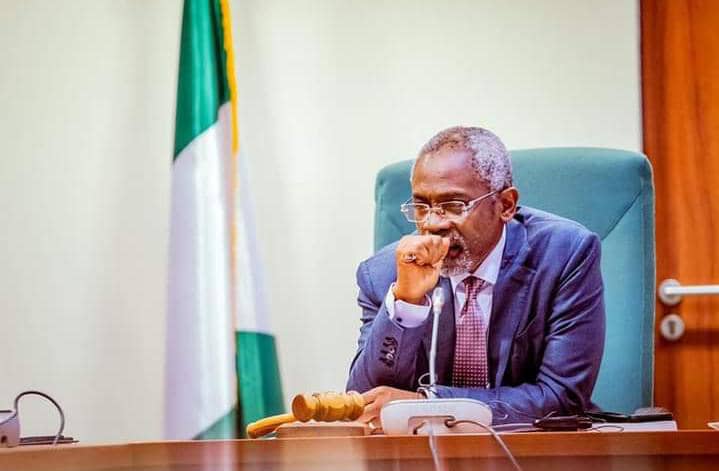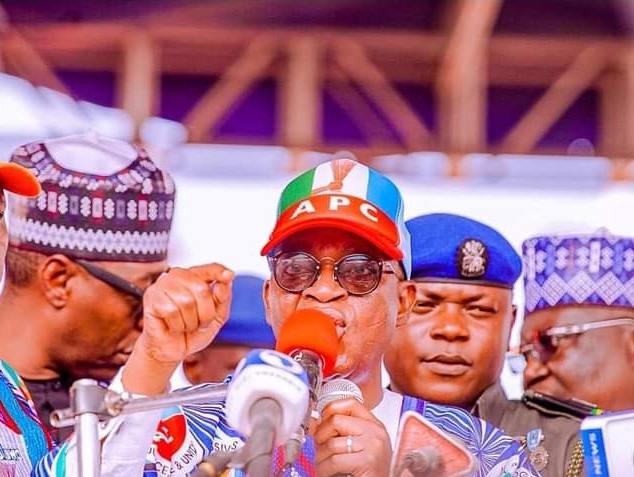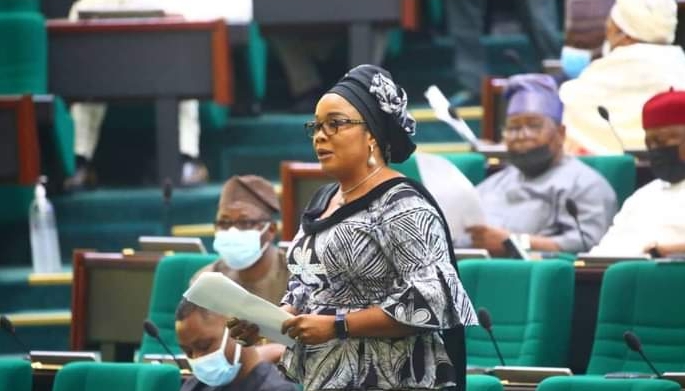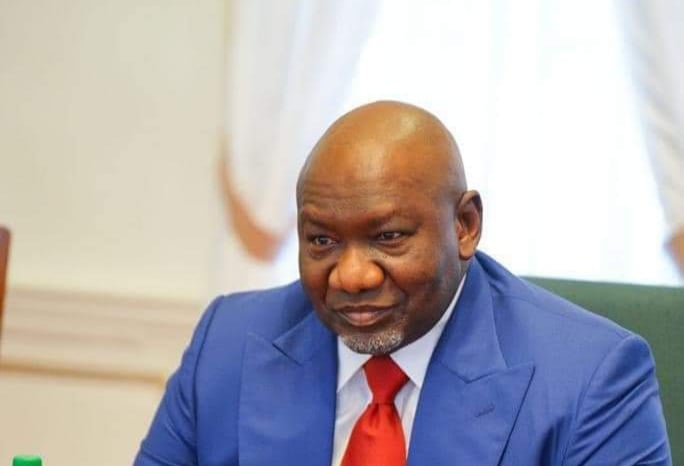Femi Gbajabiamila, speaker of the house of representatives, says interventions are being made to resolve the issue of payment of salaries of lecturers.
The speaker said this in a statement on Monday.
The development comes after members of the Academic Staff Union of Universities (ASUU) had tackled the federal government for not paying them full salaries.
ASUU had embarked on strike on February 14 to press home the demand for improved funding for universities, review of salaries for lecturers, among other issues.
Advertisement
Amid the back-and-forth over the union’s demands, the federal government had threatened not to pay the lecturers for the strike period, but a review of the decision was said to be under consideration.
On October 14, the union suspended its strike and directed members to resume work immediately.
However, the federal government had recently paid the lecturers “half” of one month pay.
Advertisement
“When the Academic Staff Union of Universities (ASUU) called off their industrial action three weeks ago, it meant that academic activities could resume in our nation’s public universities, and students could return to their academic pursuits after the prolonged interruption,” the statement by Gbajabiamila reads.
“Since then, the Executive and the House of Representatives have worked to address the issues that led to the strike.
“We are currently working on the 2023 Appropriations Bill, which includes the sum of one hundred and seventy billion naira (N170,000,000,000.00) to provide a level of increment in the welfare package of university lecturers.
“The Bill also includes additional three hundred billion naira (N300,000,000,000.00) in revitalisation funds to improve the infrastructure and operations of federal universities.
Advertisement
“Furthermore, the House of Representatives has convened the Accountant General of the Federation (AGF), the Academic Staff Union of Universities (ASUU) and other stakeholders to facilitate the Federal Republic of Nigeria adoption of elements of the University Transparency and Accountability Solution (UTAS) into the Integrated Payroll and Personnel Information System (IPPIS).
“The Executive position that it is not obligated to pay salaries to lecturers for the time spent on strike is premised on the law and the government’s legitimate interest in preventing moral hazard and discouraging disruptive industrial actions.
“Nonetheless, interventions have been made to explore the possibility of partial payments to the lecturers. We look forward to a favourable consideration by His Excellency, President Muhammadu Buhari, GCFR who has manifested his desire to what is prudent and necessary to resolve all outstanding issues.”
Gbajabiamila also urged the union not to consider disrupting the academic calender of universities.
Advertisement
“Implementing meaningful change takes time, especially when appropriations and modifications to systems such as IPPIS are required,” he said.
“Therefore, I urge all parties to be patient and grant each other the presumption of goodwill to the extent necessary to achieve our shared objectives.
Advertisement
“This is not a time for political brinkmanship. There is no more pressing objective than to preclude the possibility of further disruptions to the academic calendar of the universities.
“We must prevent this possibility by all means, as these disruptions risk the promise and potential of our nation’s youth.”
Advertisement
Add a comment






